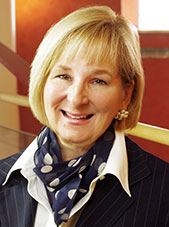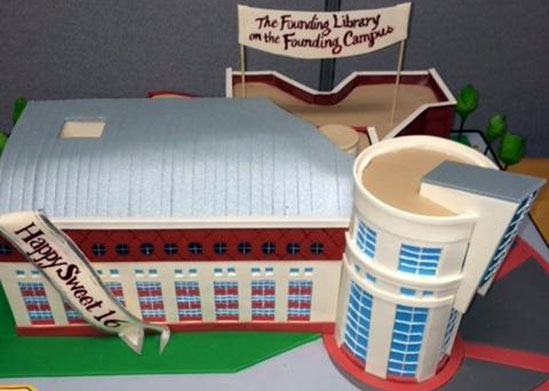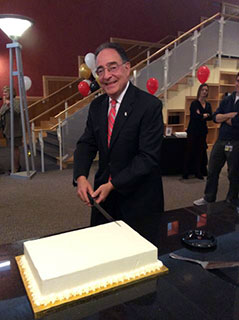
Executive Director
In the last issue of Connective Issues, I gave an update about the progress of the strategic listening tour that is the foundation for the HS/HSL’s new strategic plan. In that update I discussed how we are using Expertise, Resources, and Place as three concepts that provide a simple description of the entirety of the library experience. In this column I would like to focus on Expertise.
For centuries library professionals have been the experts responsible for acquiring, organizing, and disseminating knowledge resources. As the resources have evolved, the work of our library faculty has evolved, requiring new skills and competencies, and affording new opportunities for partnerships and support. Their traditional roles are translational in nature. Over the past few years a considerable amount of time and effort has been expended in this translational effort to grow expertise. Many HS/HSL librarians have attended the Woods Hole Bioinformatics Course. Several have also been trained in the intricacies of systematic reviews. Others have developed expertise in the molecular biology resources of the National Center for Biotechnology Information.
We have brought this expertise together in our Research Connection program, which provides a single place for our research community to find the knowledge informatics support they need. This expertise ranges from systematic reviews to metadata analysis. A piece about the components of the service can be found in the article following this one. Since it was introduced on March 31, response has been extremely positive. Some examples of the work being done are:
- Library faculty have worked on about a dozen systematic reviews. One of the faculty has been written into a grant application requiring her systematic review expertise. One systematic review has been published and another submitted for publication.
- Two metadata management library faculty members consulted on a project to apply metadata to increase a website’s findability and usability.
- An analysis was done to assess the impact of the joint seed grants awarded to UMB and College Park researchers. Publications, presentations, and additional grants awarded were examined.
- Library faculty have worked with faculty authors on the PubMedCentral compliance mandate increasing UMB’s compliance rate from 77% to 88%. Compliance is extremely important as NIH will not award or renew grants if the investigators are out of compliance.
These are just a few examples of the work being done. At a recent meeting at the National Library of Medicine, there was a strong suggestion that in addition to requiring that data management plans be a component of any NIH grant application, the quality of the data management plans will now be considered as part of the review process. Assisting UMB faculty with data management plans will need to become part of the Research Connection program. We embrace these possibilities.
Next issue: Resources.








